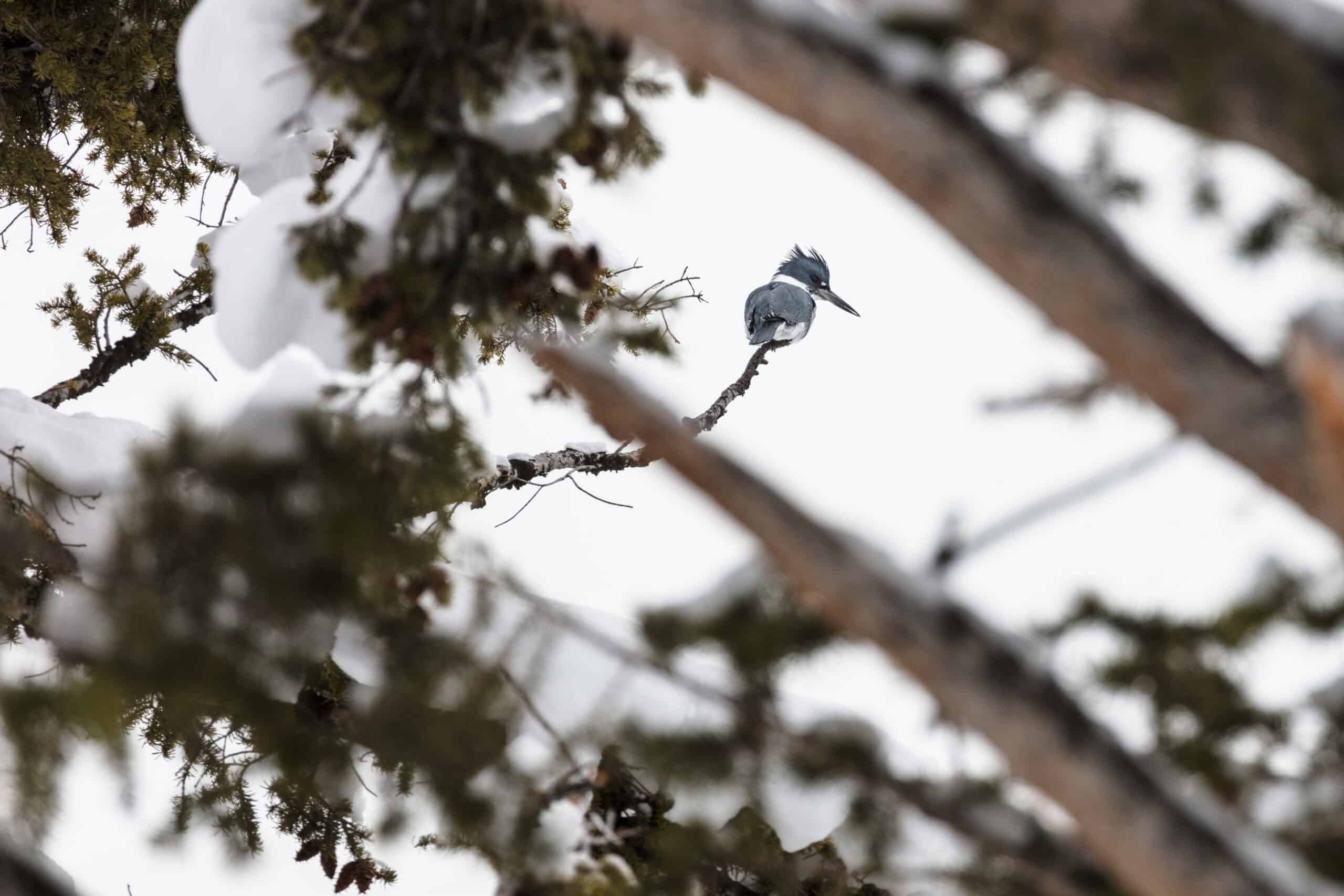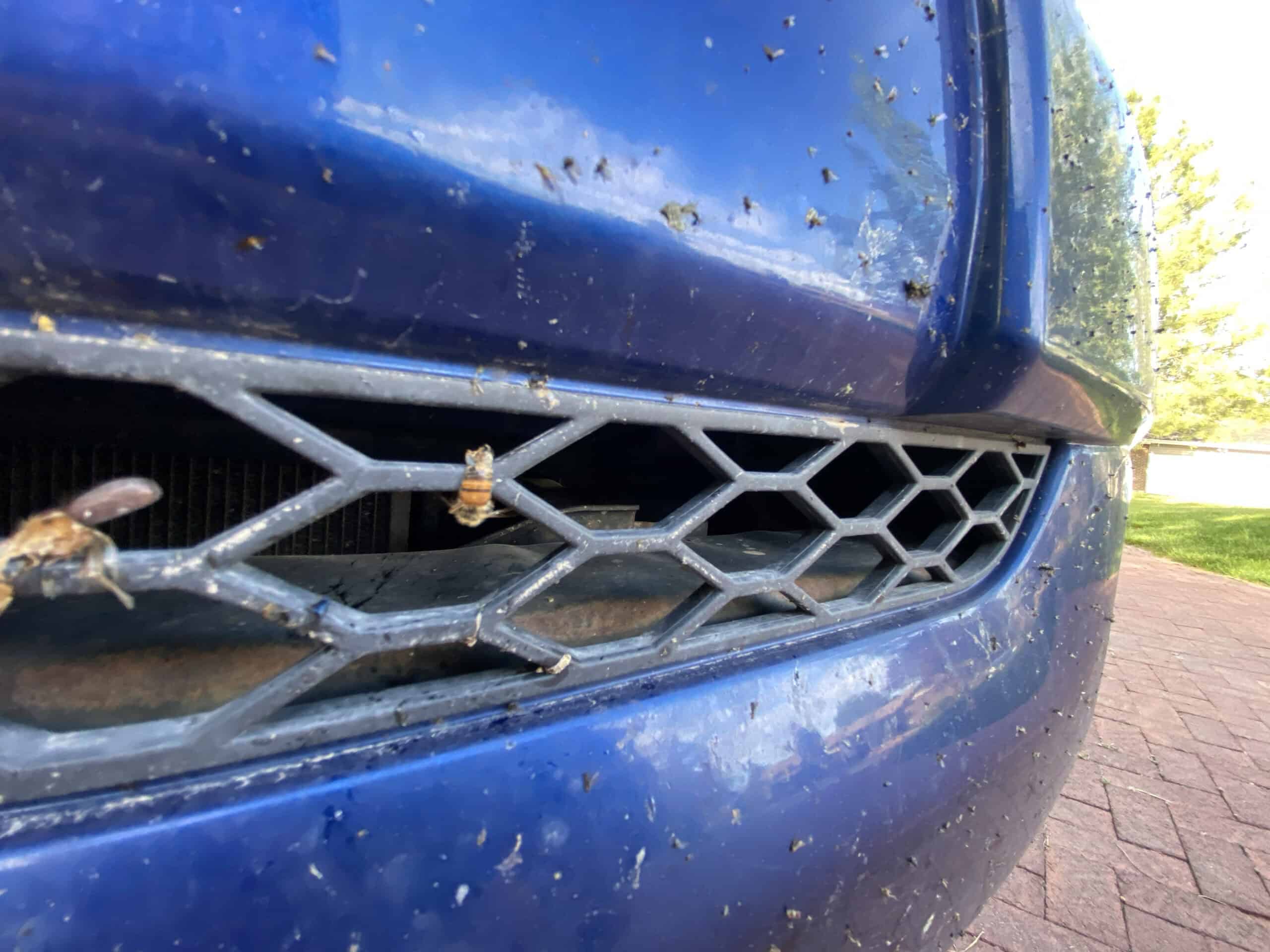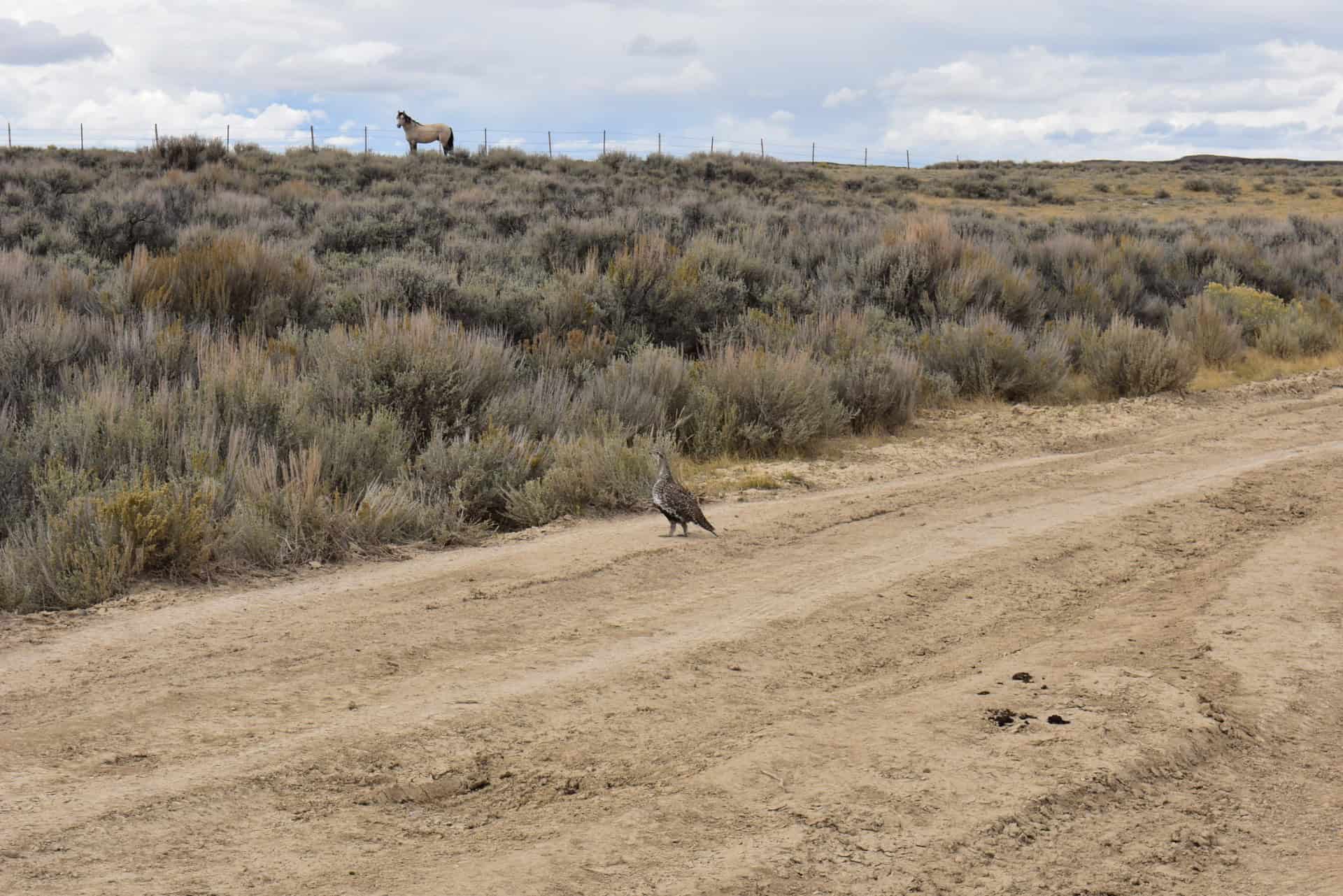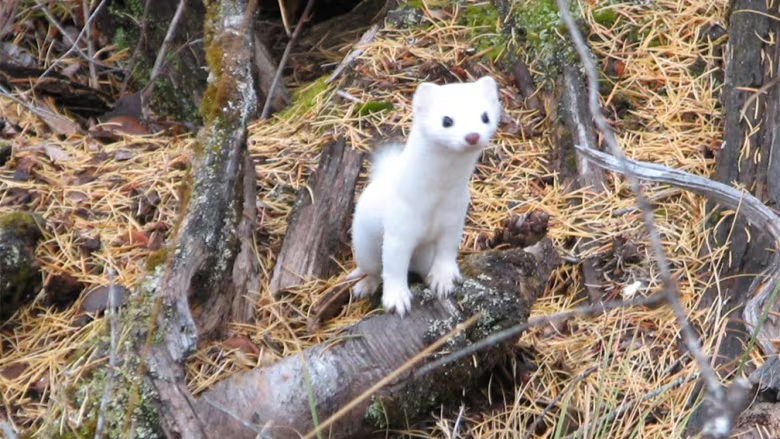Share this article
Snowmobiles affect bird songs
Researchers compared the way that snow machine noise silences bird songs in Yellowstone National Park
The mountain soundscape of Yellowstone can be idyllic, with nothing but the chirps of bluebirds and belted kingfishers cutting through the winter silence. That is, until the chainsaw-like buzz of a snowmobile rips through the acoustic tapestry.
Researchers are finding that snowmobile noise may be killing the winter song of birds in times of the year typically characterized by their silence.
“We found that there was a negative correlation between snowmobile passing and vocalizations from birds,” said Benjamin Cretois, a researcher with the Norwegian Institute for Nature Research.
Conservationists are increasingly finding that noise pollution causes significant effects to wildlife populations around the world, whether it means masking the sounds of approaching predators to the detriment of their prey, or making it hard to vocalize in search of a mate.
This new research on snowmobiles reveals an additional source of human-generated noise that may affect birds in areas that would be pretty quiet without the snowmobiles.
In previous research, Cretois and his colleagues from SINTEF, an independent research organization in Europe, had developed an artificial intelligence algorithm that could identify snowmobile sounds from large acoustic sound files. He and other colleagues in the U.S. tested that model on a large acoustic dataset to study the impact of winter motor noise on wildlife in a study published recently in the Journal of Applied Ecology. They acquired a set of acoustic recordings taken from 20 sites in Yellowstone National Park from 2009 to 2017—each for different lengths of time—for another project on snowmobile noise.
They ran their snowmobile algorithm on this acoustic dataset, as well as the BirdNET sound ID, an algorithm developed by the Cornell Lab of Ornithology that identifies bird species based on calls. But since BirdNET isn’t 100% accurate in its identification, Cretois and his colleagues only used that algorithm to get the presence or absence of bird calls.
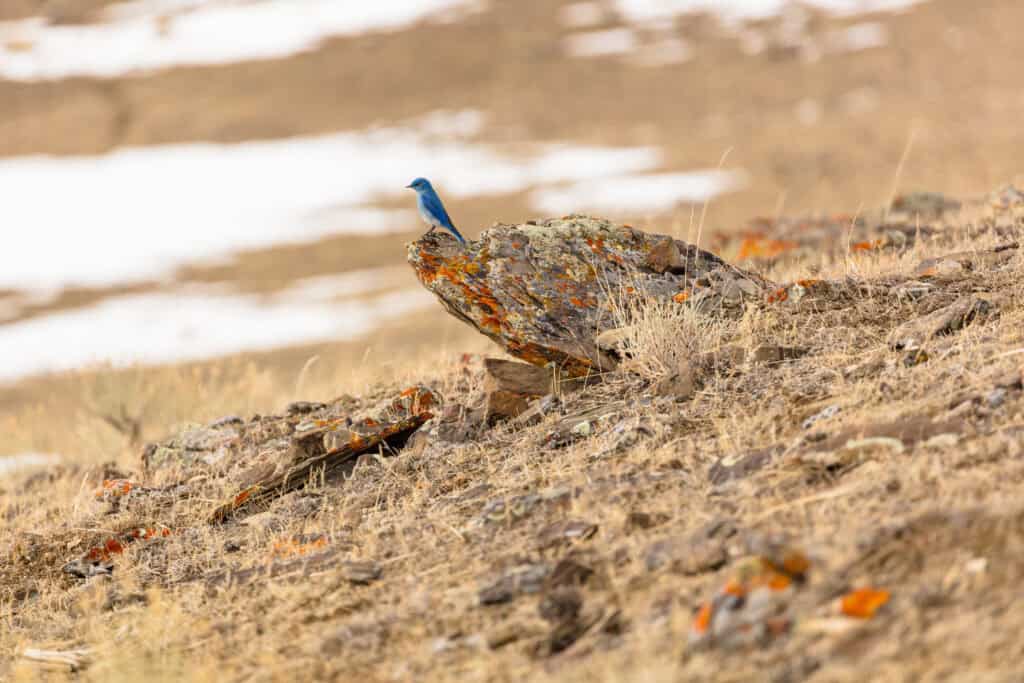
They then compared the two models, to see if the snowmobile noise affected bird calls at the recording sites. They found that it did.
“When a snowmobile is passing, the number of calls from birds decreases significantly,” Cretois said.
But this effect didn’t last for too long. On average, bird songs began to pick up again between 30 seconds and five minutes after the passing of the snowmobile.
“The recovery doesn’t happen immediately, but it happens pretty fast,” Cretois said.
That could mean that the sound of passing snowmobiles doesn’t have a huge effect on winter bird songs. But Cretois said it’s possible that reducing bird calls during key times—such as dawn and dusk when birds are searching for mates or establishing territory—might have a negative effect, especially if there are a lot of snowmobiles passing through at these times.
He hopes that future research can track any population level effects that snowmobile noise could be causing on reproduction or other behavior.
Header Image: A belted kingfisher (Megaceryle alcyon) in Yellowstone National Park. Credit: NPS/Jacob W. Frank



